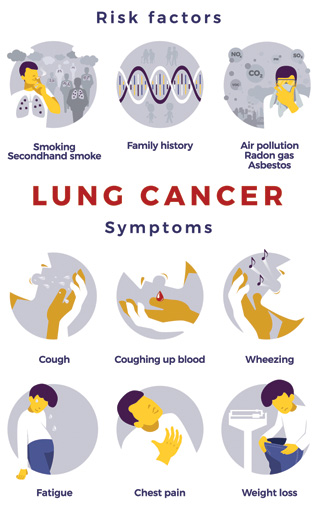Support for enhanced community pharmacy role in cancer detection
Record learning outcomes

A new UCL School of Pharmacy report highlights widespread support for an enhanced role for community pharmacy in detecting cancer risk factors, for example in lung cancer, and early malignancies.
The report reveals that 82 per cent of 2,077 people aged 18 years and older agreed with the statement, “If I was developing a cancer I would want it diagnosed as early as possible, even if it raises false alarmsâ€. Fifty-three per cent strongly agreed with this statement; only three per cent disagreed.
Advancing age is the most important risk factor for cancer overall and demand for early cancer diagnosis is stronger among people 65 years of age and older (92 per cent) compared with those aged 18-44 years (about 75 per cent).
The report found “widespread public support for government plans to invest more in early cancer diagnosis†in specialised facilities in primary care. In general, respondents were confident that the NHS provides a world-class specialist cancer service but felt they may encounter problems with early diagnosis. Twenty-two per cent expressed concern that the NHS does not consistently offer the most effective treatment and a further seven per cent felt NHS cancer care was poor quality.
“Such data arguably reflect public demand for improvements in NHS primary care and the health service’s capacities to identify early stage cancer symptoms or raised cancer risks, and provide appropriate diagnostic investigations,†the report said.
For instance, 43 per cent of respondents agreed that, “I would talk to pharmacists more often than GPs if they had access to artificial intelligence which could help them diagnose and treat common illness and detect early warning signs of cancerâ€. Sixteen per cent disagreed.
Half (51 per cent) of 25 to 34-year-olds said that they would consult pharmacists more often than GPs if IT systems enhanced case finding and clinical judgements. This compares with about 38 per cent of those aged 55 years and older.
“The policy message here is that, along with the need to maintain the integrity of the GP-based NHS primary care network, there is a significant potential for community pharmacy-based care to play an extended role in cancer risk and early stage disease detection,†the authors commented.
Â
